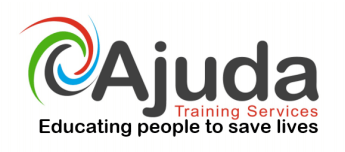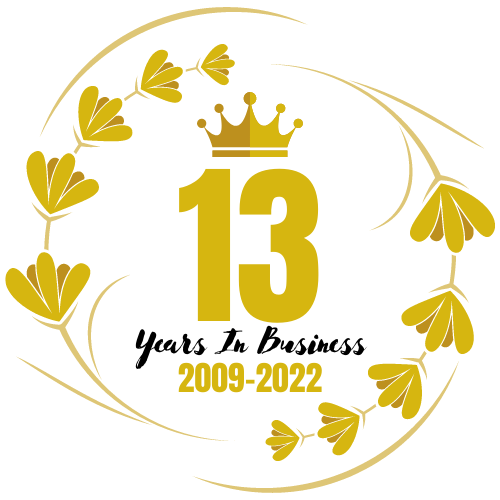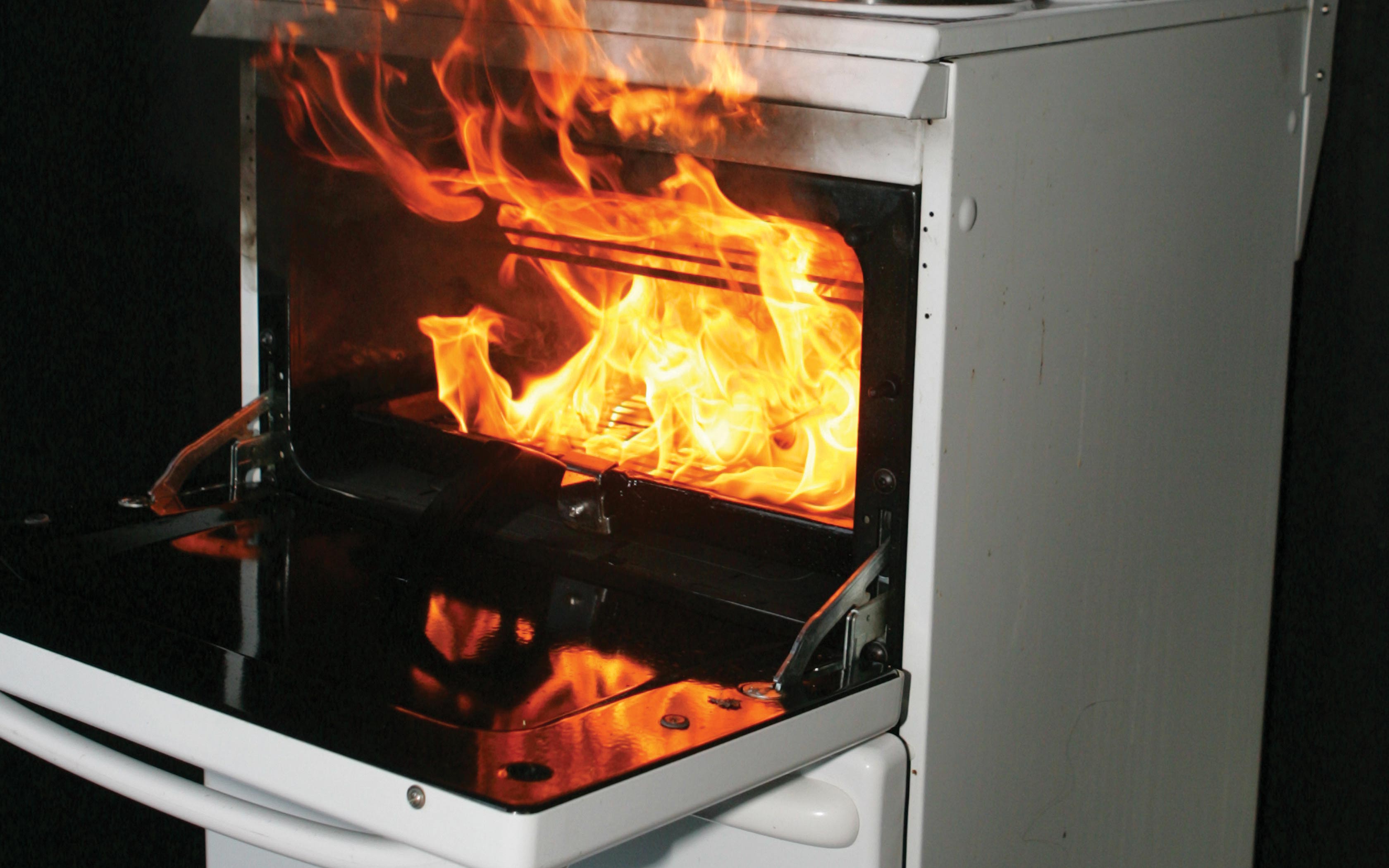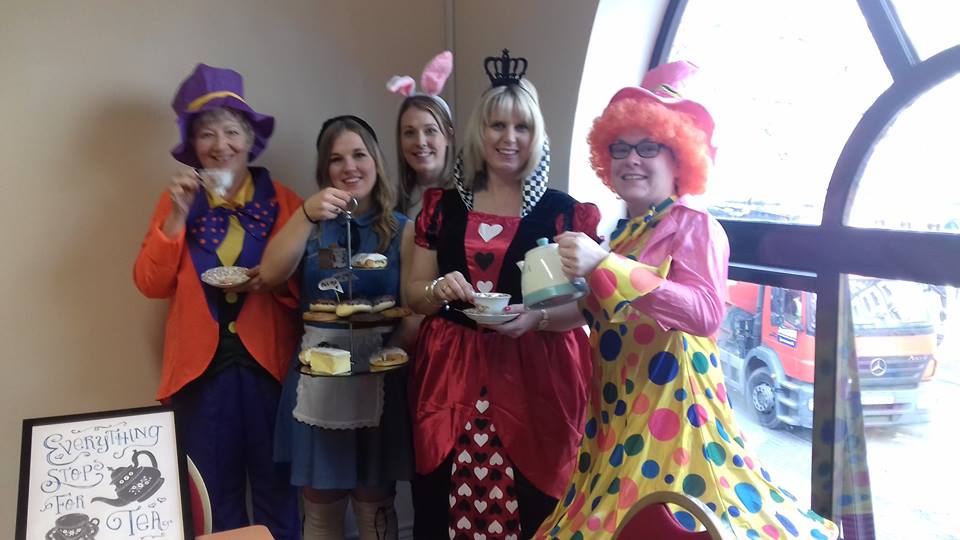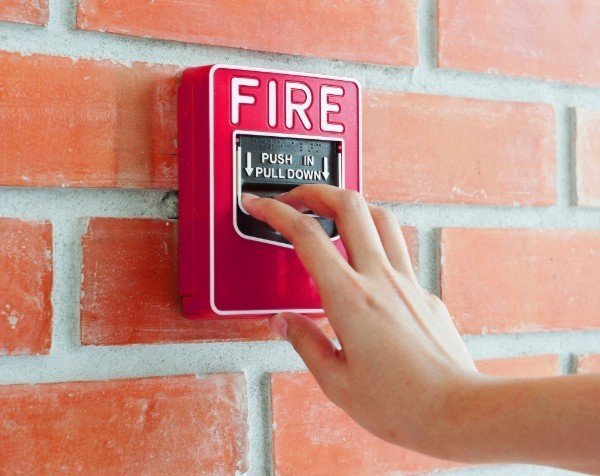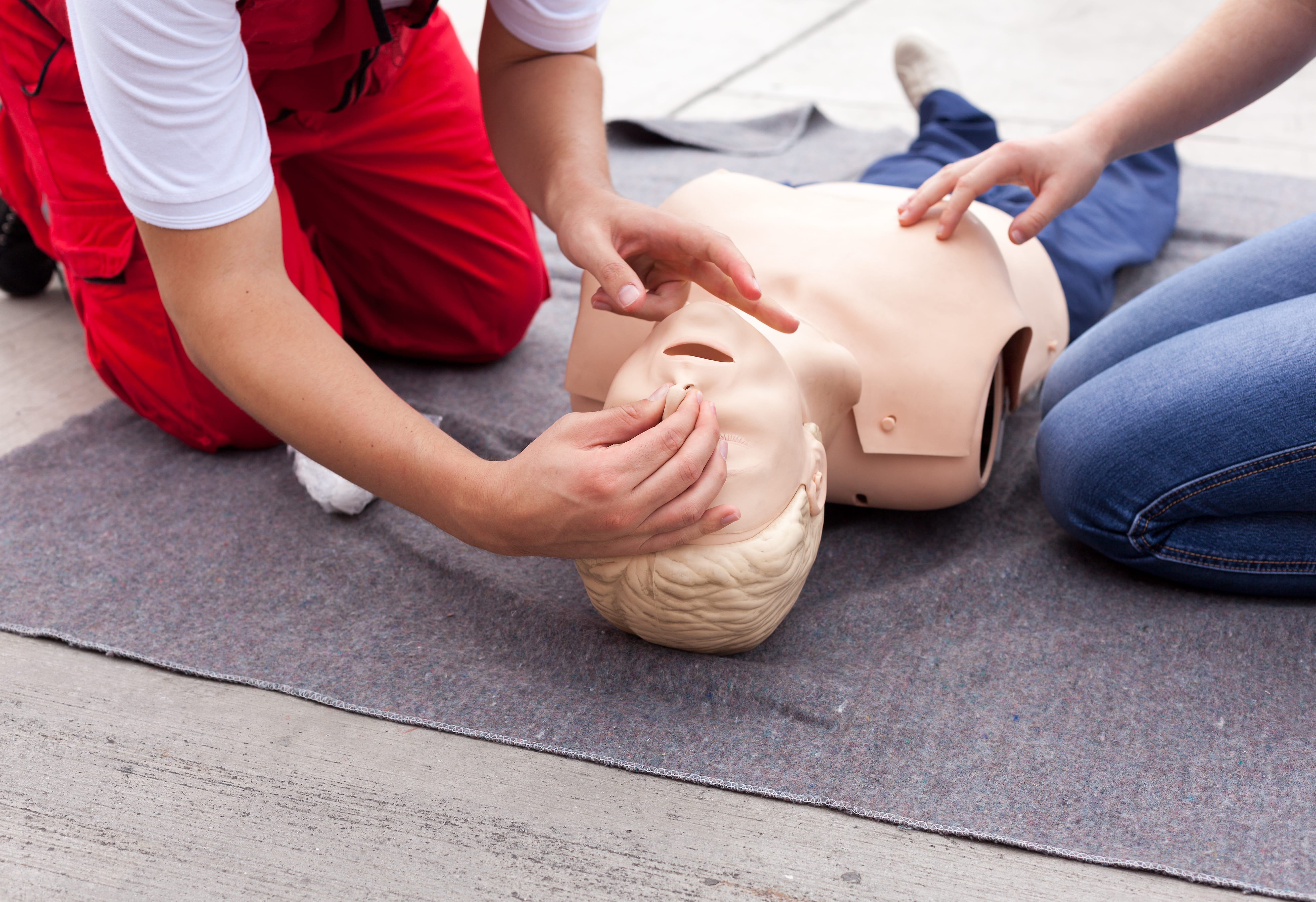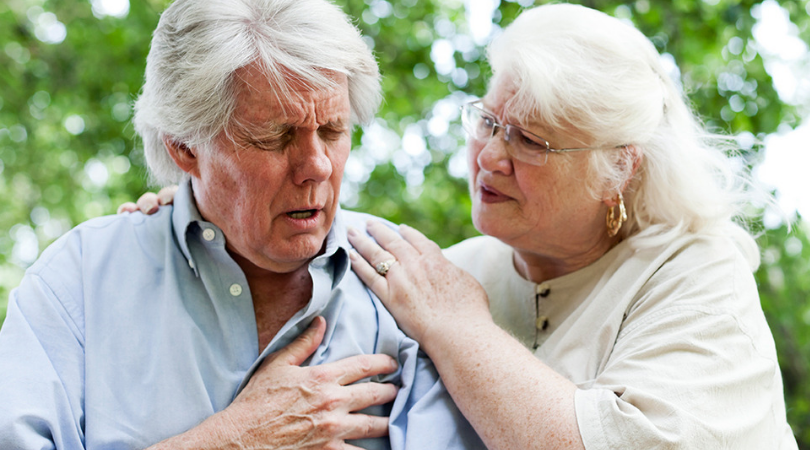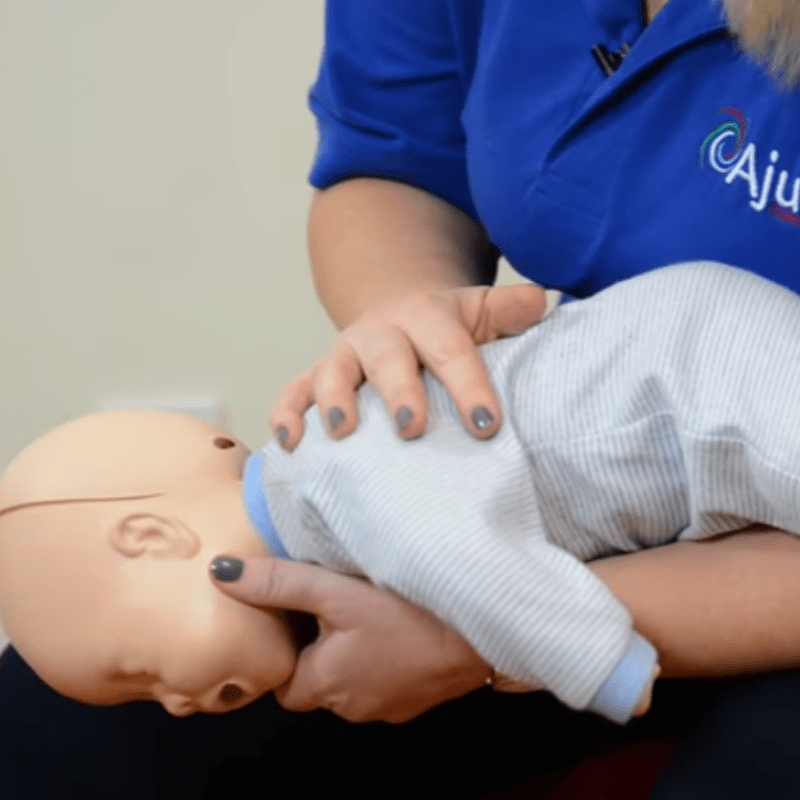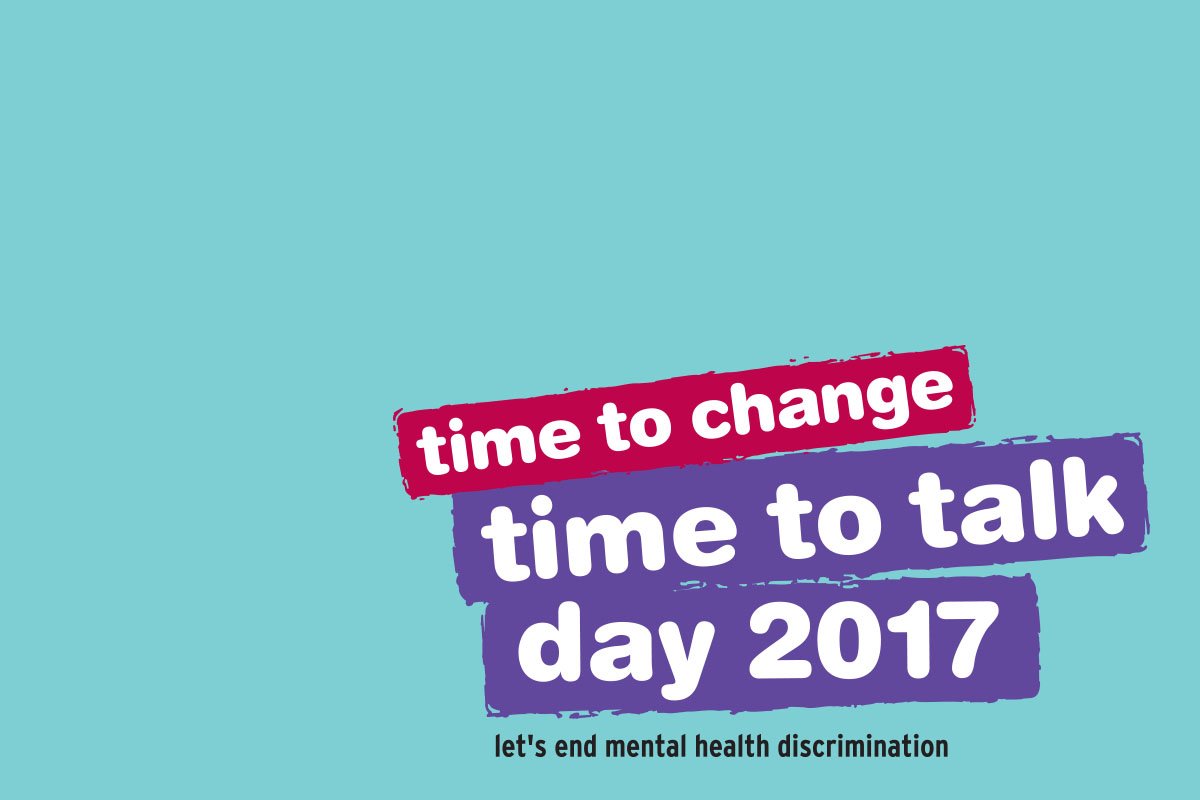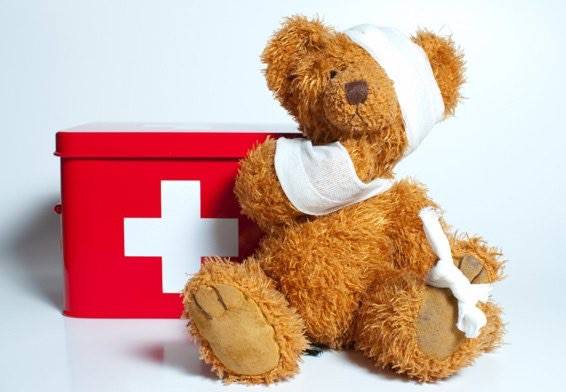In the apparent safety of our homes and the rush of our everyday lives, we may not pay much notice to hazards. It is easy to think that accidents at home, compared with those that take place on roads or in workplaces, are less frequent or severe. However, the reality is that every year thousands of accidents leading to death or injury happen at home.
The good news is that these accidents are often avoidable. Making your home a safer place begins with identifying the hazards in your home, and deciding on the best measures to eliminate or reduce them. That’s why we’ve outlined some of the major hazards in the home, and some ways in which you can improve home safety.
Slips, trips and falls
Slips, trips and falls are one of the biggest safety risks in the home, particularly if you have young children or elderly family members.
To minimise the risk, you can take the following precautions:
– Ensure that staircases have secure flooring and a sturdy handrail fitted at a suitable height.
– Falls often occur at night or in poorly lit places, so well-lit staircases – preferably with a light switch at both the top and bottom – are essential.
– Always keep steps free of clutter. Try to avoid putting anything down on the steps, even temporarily.
– Clean up spillages in the house immediately.
– Look for hazards such as worn or loose flooring, slippery mats or rugs, holes and cracks in outdoor pathways, and trailing cables. Make sure that all flooring is in good repair and minimise slippery surfaces.
– Never place rugs at the top or bottom of the stairs. Consider using non-slip underlay to keep any rugs in place, and non-slip strips or mats in the bath or shower.
– If there are young children in the home, ensure that you have an appropriate safety gate installed. Wall-mounted safety gates are generally recommended for the top of the staircase, as they can withstand more pressure than a pressure-mounted safety gate. They also do not have a bottom rail, so there is less of a tripping hazard.
Poisoning
– Store chemical products high up on shelves – both in the house and in outdoor sheds – in order to limit children’s access to them. Child-proof locks on cabinets will give added protection.
– Where possible, purchase products with child-resistant packaging.
– Avoid keeping medicines in drawers, purses or clothing.
– Be sure to keep chemical products in their containers; do not use any other container for storage purposes (for example, drink bottles or food containers).
– Do not mix cleaning products together, as this may result in harmful fumes or chemical reactions.
– Keep small batteries out of the reach of children.
Fires
– Over 200 people in the UK died in house fires in 2015, and the likelihood of dying in a fire is at least 7 times greater if there are no working smoke alarms in your home.* Therefore one of the most crucial steps in making your home safe is to ensure that smoke alarms are correctly fitted, regularly tested, and well maintained.
– It is a good idea to make a fire escape plan for your home, and discuss with household members the actions that should be taken in the event of a fire. Make sure that exits aren’t obstructed, and that everyone is aware of where door and window keys are kept.
– Avoid leaving the kitchen while you’re cooking, particularly when you’re frying food. Unattended cooking is one of the leading causes of house fires.
– Take extra care when loose-fitting clothing when cooking if possible, as this can catch fire easily.
– Don’t exceed the maximum current rating of electrical sockets by plugging in too many appliances. This is particularly important for appliances like washing machines, dishwashers, and microwaves, which use a lot of electricity. One plug per socket is ideal.
– If you use candles, put them in candle holders, and make sure that they are positioned safely, away from objects that may catch fire such as paper or curtains. Remember to put them out before leaving the room, and especially before going to bed.
*Source: https://firekills.campaign.gov.uk/
